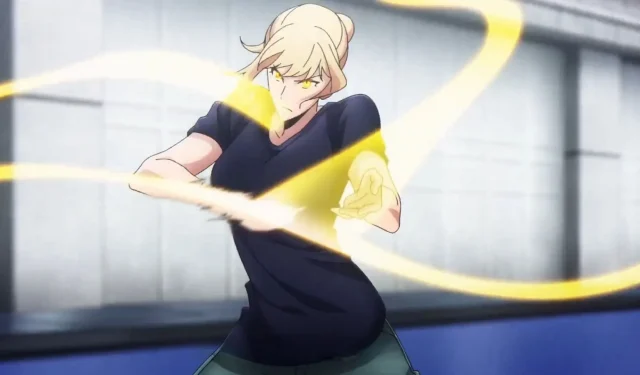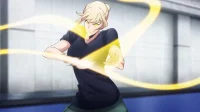Cha Hae-in has been a notable character in the Solo Leveling anime since its debut, but viewers witnessed her combat prowess for the first time only in the most recent episode. The series has hinted at her superiority over “The Ultimate Weapon,”Choi Jong-in, but fans were left questioning the source of her apparent strength.
In the latest installment, audiences finally saw Cha Hae-in in action during an exciting showdown against Kanae Tawata, a formidable Japanese S-Rank Hunter. Notably, during their confrontation, Kanae referred to Cha Hae-in as “The Dancer,”sparking curiosity over the significance of this moniker.
Disclaimer: This article contains potential spoilers from the Solo Leveling manhwa.
The Origins of Cha Hae-in’s Nickname “The Dancer”
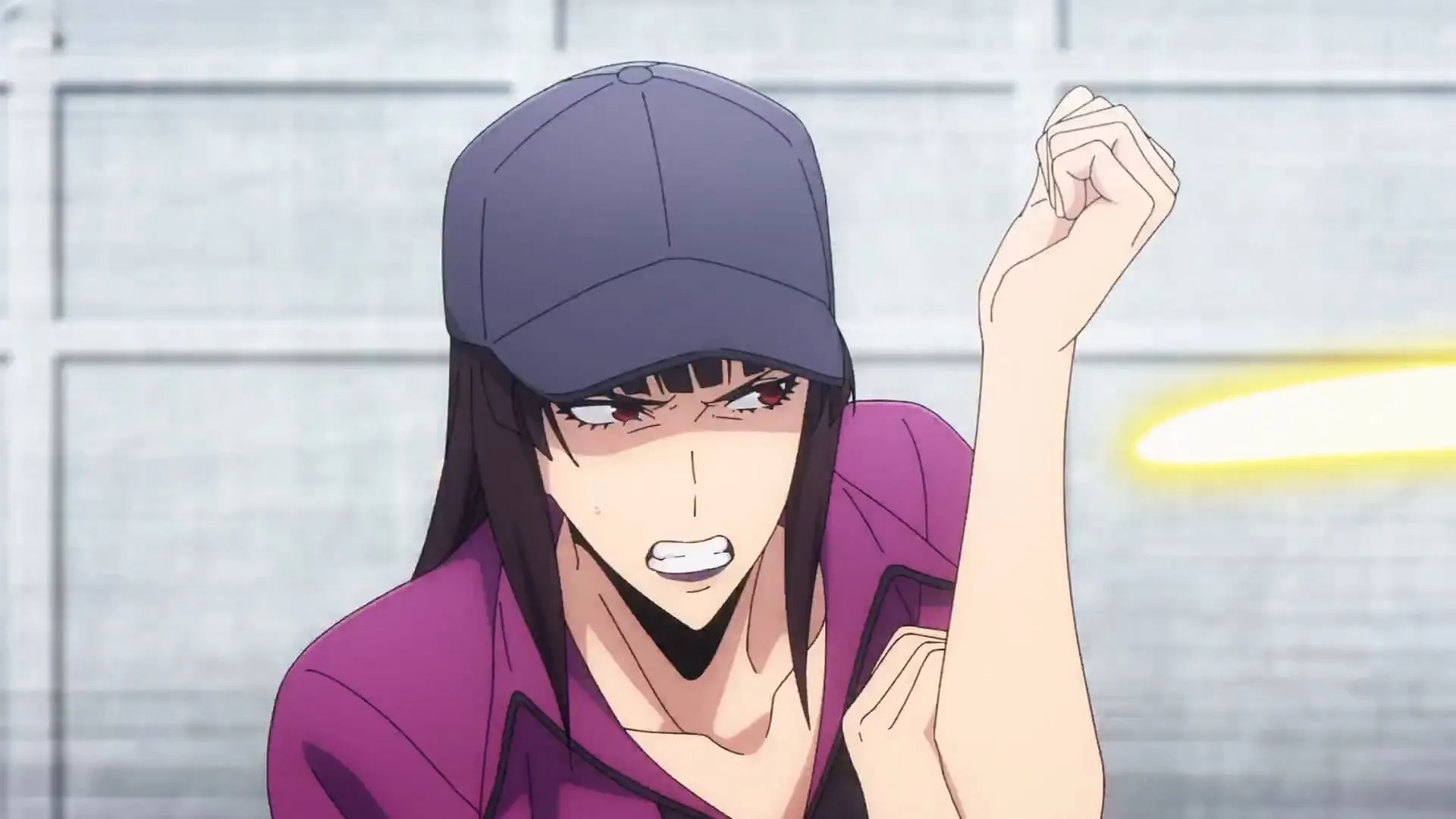
In the anime, Cha Hae-in showcased her remarkable skills against Kanae during a friendly sparring match among S-Rank Hunters. Throughout their battle, it became evident that the title of “The Dancer”aptly captured Cha Hae-in’s exceptional abilities, as she exhibited an outstanding display of agility and precision.
“Can’t read her movements. The Dancer Cha Hae-in. After seeing her dance-like footwork, it’s clear her title is well-deserved.”- Kanae Tawata
However, the anime adaptation has not clearly articulated the origins of her nickname. This omission is a result of adjustments made by A-1 Pictures during the transition from the original manhwa.
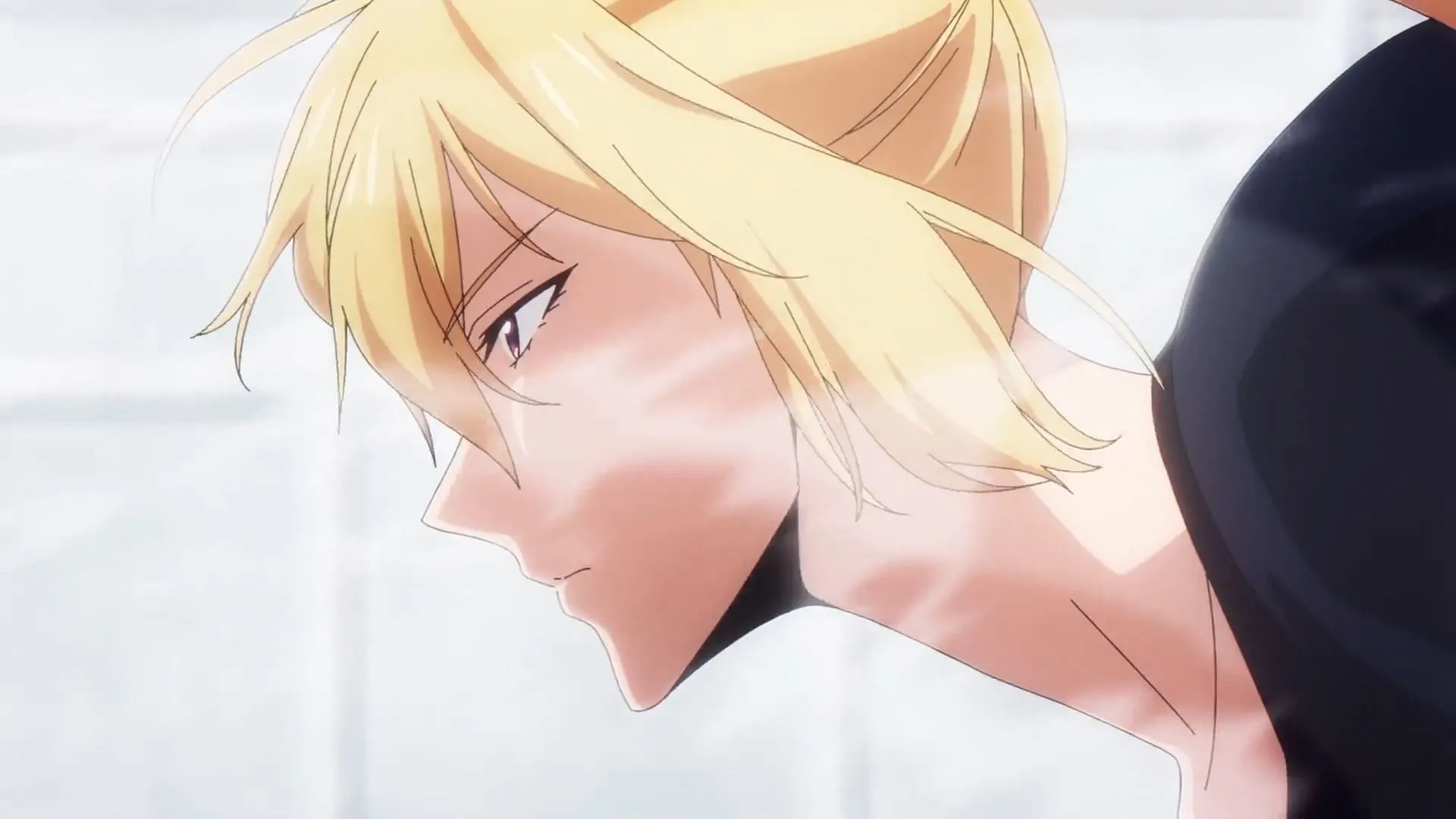
In the manhwa, Kanae acknowledges Cha Hae-in’s nickname and reflects on its significance. According to her, the title “The Dancer”arose from Cha Hae-in’s elegant and fluid combat style, where she appeared to effortlessly eliminate monsters as if performing a dance. This moniker was bestowed upon her by her teammates in the Hunters Guild after witnessing her mesmerizing swordsmanship.
Cha Hae-in’s Personal Feelings Toward Her Nickname
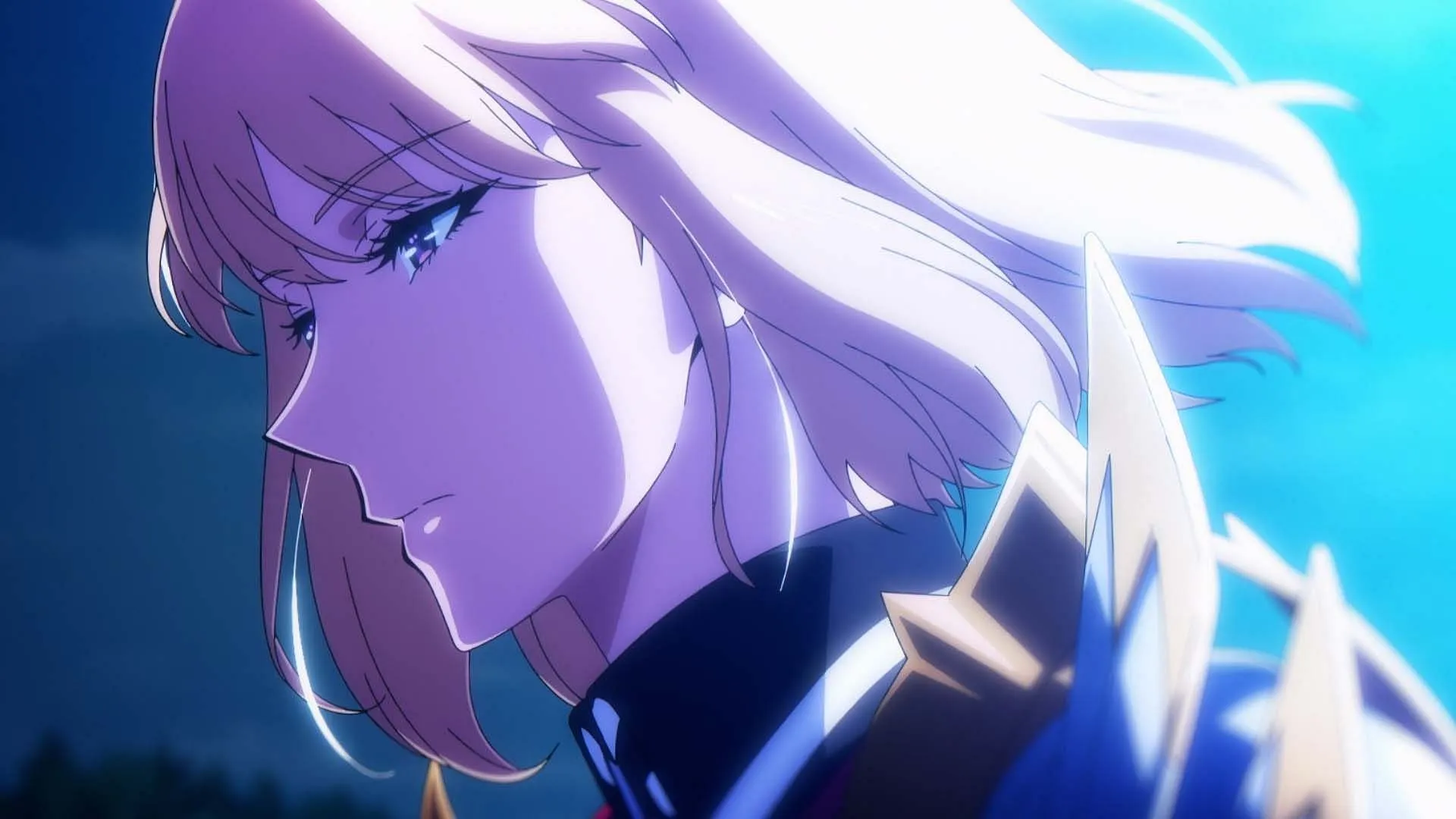
Despite her personal sentiments, “The Dancer”remains widely known, even reaching the ears of Sung Jinwoo, who referred to her by this name on their first meeting during his entry into the Hunters Guild. Notably, the manhwa illustrates that even outsiders like Kanae Tawata are aware of Cha Hae-in’s discomfort with the nickname and its ban. This raises the question: how did such private information become common knowledge?
